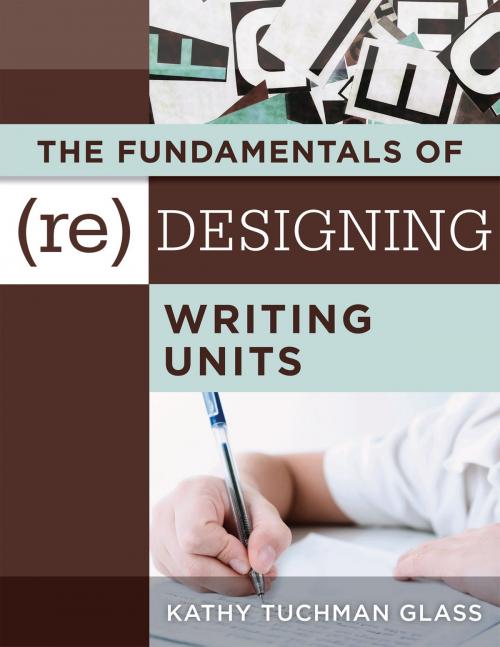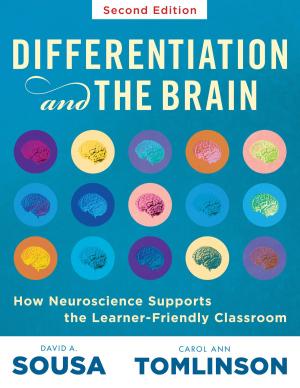Fundamentals of (Re)designing Writing Units, The
useful professional and student resources for classroom lesson design and writing units
Nonfiction, Reference & Language, Education & Teaching, Teaching, Teaching Methods| Author: | Kathy Tuchman Glass | ISBN: | 9781942496779 |
| Publisher: | Solution Tree Press | Publication: | October 31, 2016 |
| Imprint: | Solution Tree Press | Language: | English |
| Author: | Kathy Tuchman Glass |
| ISBN: | 9781942496779 |
| Publisher: | Solution Tree Press |
| Publication: | October 31, 2016 |
| Imprint: | Solution Tree Press |
| Language: | English |
Prepare students to take on any writing challenge, including district- and state-mandated literacy tests. Perfect for teachers, curriculum designers, and literary coaches, this title provides guidance for designing new writing units and revising existing ones across content areas for grades 5–12. You’ll discover practical strategies and best practices for teaching skills in drafting, editing, revising, peer feedback, assessment, and student collaboration. Consistent and engaging lesson design based on these principles will prepare students to take on any writing challenge, including district- and state-mandated literacy tests.
Benefits
- Examine the stages of the writing process and the benefits of teaching students to work through them.
- Assess the particular importance of the feedback stage of students’ writing process.
- Study the components and rationale of the backward-planning approach to unit design.
- Gain access to downloadable templates, checklists, rubrics, and student activities useful for guiding and assessing students in their writing.
- Explore comprehensive lists of online resources and tools that educators and students may use in lessons aimed at writing.
Contents
Introduction
1 The Importance of Writing to Learn
2 The Stages of the Writing Process
3 The Backward-Planning Approach to Unit Design
4 Culminating Assessments and Criteria for Success
5 Effective Lesson Design: The Gradual Release of Responsibility Model
6 Launch the Unit
Epilogue
Prepare students to take on any writing challenge, including district- and state-mandated literacy tests. Perfect for teachers, curriculum designers, and literary coaches, this title provides guidance for designing new writing units and revising existing ones across content areas for grades 5–12. You’ll discover practical strategies and best practices for teaching skills in drafting, editing, revising, peer feedback, assessment, and student collaboration. Consistent and engaging lesson design based on these principles will prepare students to take on any writing challenge, including district- and state-mandated literacy tests.
Benefits
- Examine the stages of the writing process and the benefits of teaching students to work through them.
- Assess the particular importance of the feedback stage of students’ writing process.
- Study the components and rationale of the backward-planning approach to unit design.
- Gain access to downloadable templates, checklists, rubrics, and student activities useful for guiding and assessing students in their writing.
- Explore comprehensive lists of online resources and tools that educators and students may use in lessons aimed at writing.
Contents
Introduction
1 The Importance of Writing to Learn
2 The Stages of the Writing Process
3 The Backward-Planning Approach to Unit Design
4 Culminating Assessments and Criteria for Success
5 Effective Lesson Design: The Gradual Release of Responsibility Model
6 Launch the Unit
Epilogue















